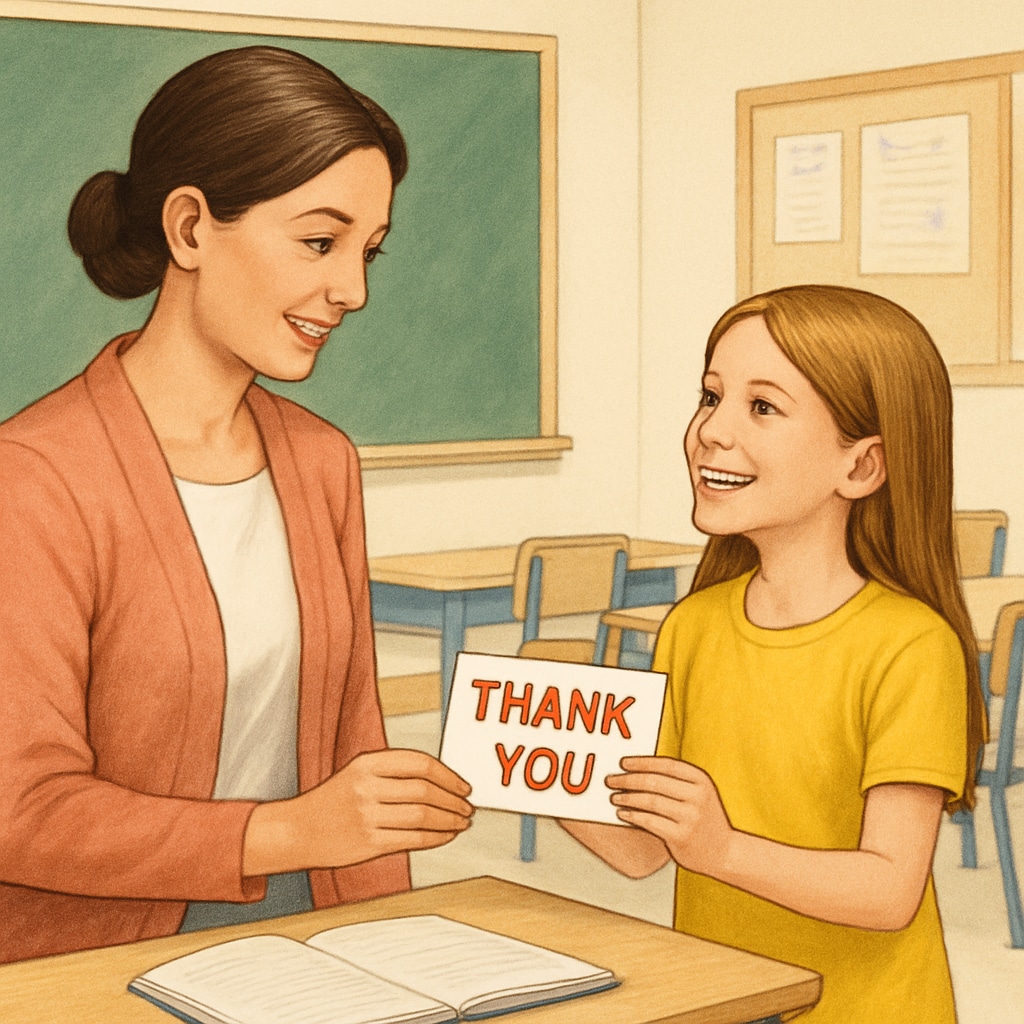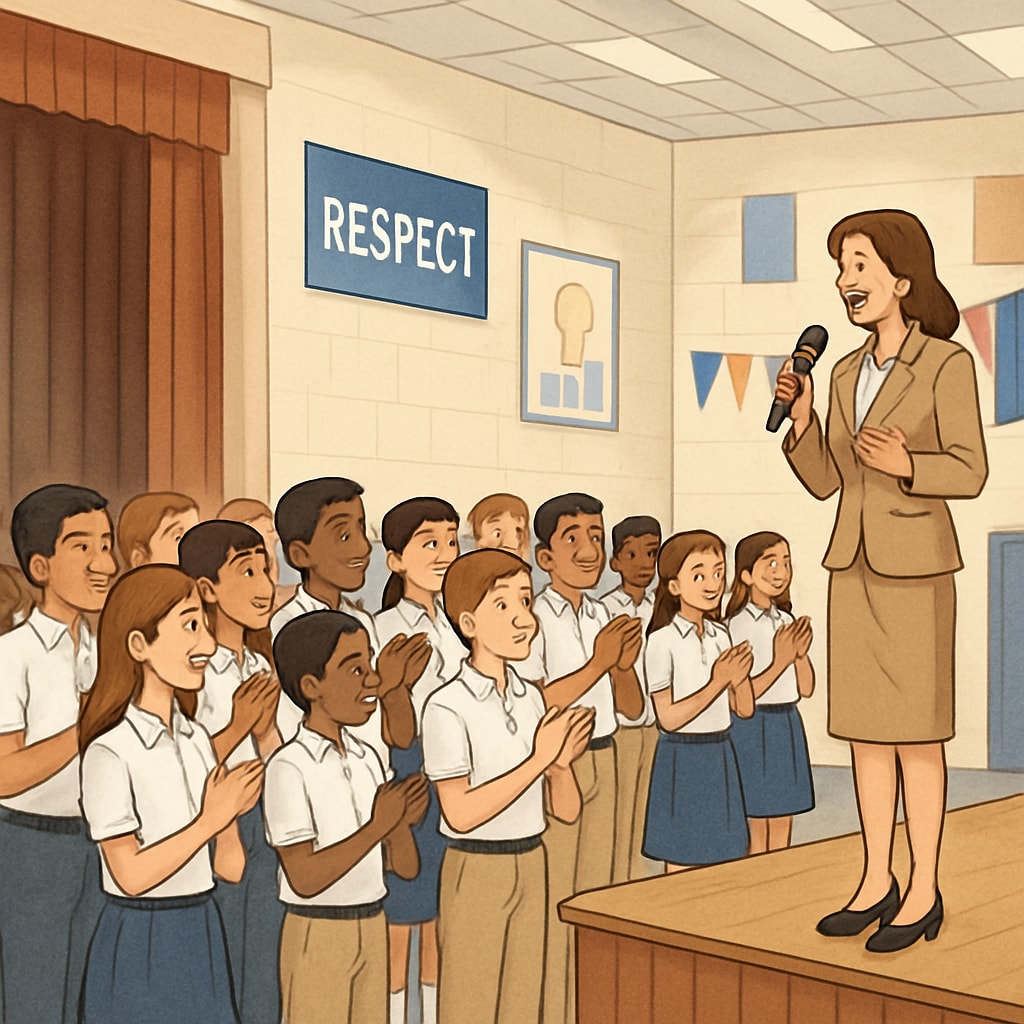In the realm of education, the essence of meaningful teacher-student relationships often lies in the small yet powerful moments of connection. A heartfelt “thank you” from a student can serve as a reminder of the profound impact teachers have on their students’ lives. These moments of student gratitude, teacher impact, and meaningful interactions breathe life into the educational process, transforming it from mere instruction to a shared journey of growth and understanding.
The Simple Power of Gratitude in Education
Gratitude is often underestimated in its role within the education system. A simple “thank you” can act as a catalyst for motivation, reminding educators of the significance of their work. For instance, imagine a teacher who has spent hours preparing lessons, grading assignments, and mentoring students. When one student acknowledges their effort with genuine appreciation, it validates not only their hard work but also their purpose as a guide and mentor.
Research has consistently supported the importance of gratitude in strengthening relationships. According to positive psychology, gratitude fosters interpersonal connections, enhances emotional well-being, and builds mutual respect. In education, this translates to stronger teacher-student bonds where both parties feel valued and understood.

Creating a Culture of Respect and Understanding
The dynamic between students and teachers is not a one-way street. While educators work tirelessly to impart knowledge and skills, students also play a crucial role in shaping the classroom atmosphere. When students express gratitude, it often leads to an environment of mutual respect and understanding. Teachers feel encouraged to invest more in their teaching, while students become more engaged and motivated.
For example, consider a teacher who receives a note from a student expressing how a particular lesson inspired them to pursue their dreams. Such genuine feedback amplifies the teacher’s sense of purpose and reinforces their commitment to making a difference. As a result, the classroom becomes a space where respect and collaboration thrive.
Moreover, small gestures of gratitude ripple beyond individual interactions. They contribute to creating a positive culture within schools, encouraging other students and teachers to communicate openly and appreciate each other’s efforts.

How Gratitude Redefines Teacher Motivation
Teacher motivation is deeply linked to the recognition of their efforts. While salary and professional advancement are important, emotional rewards often hold greater value. A teacher’s passion for education is fueled by moments that remind them why they chose this profession in the first place.
For example, a simple acknowledgment from a student—such as sharing how a teacher’s guidance helped them overcome challenges—can reaffirm the educator’s belief in the transformative power of teaching. These moments not only inspire teachers to continue their work with enthusiasm but also encourage them to innovate and personalize their teaching methods.
According to Britannica, emotional intelligence plays a significant role in professional satisfaction. Teachers who experience gratitude from students often demonstrate higher levels of emotional resilience and job satisfaction, which ultimately benefits the entire educational community.
Conclusion: The Ripple Effect of Gratitude
The impact of student gratitude extends far beyond the immediate teacher-student dynamic. It fosters an environment of mutual respect, deepens relationships, and inspires educators to continue making a difference. A simple “thank you” may seem small, but its effects are profound and far-reaching.
As students and teachers navigate the complexities of education together, it is essential to recognize the value of meaningful interactions. Gratitude is not just about saying “thank you”; it is about acknowledging effort, celebrating achievement, and strengthening the bonds that make education a transformative experience.
Readability guidance: The article emphasizes short paragraphs, lists where necessary, and clear transitions. It avoids overuse of passive voice and ensures balanced keyword placement for SEO purposes.


